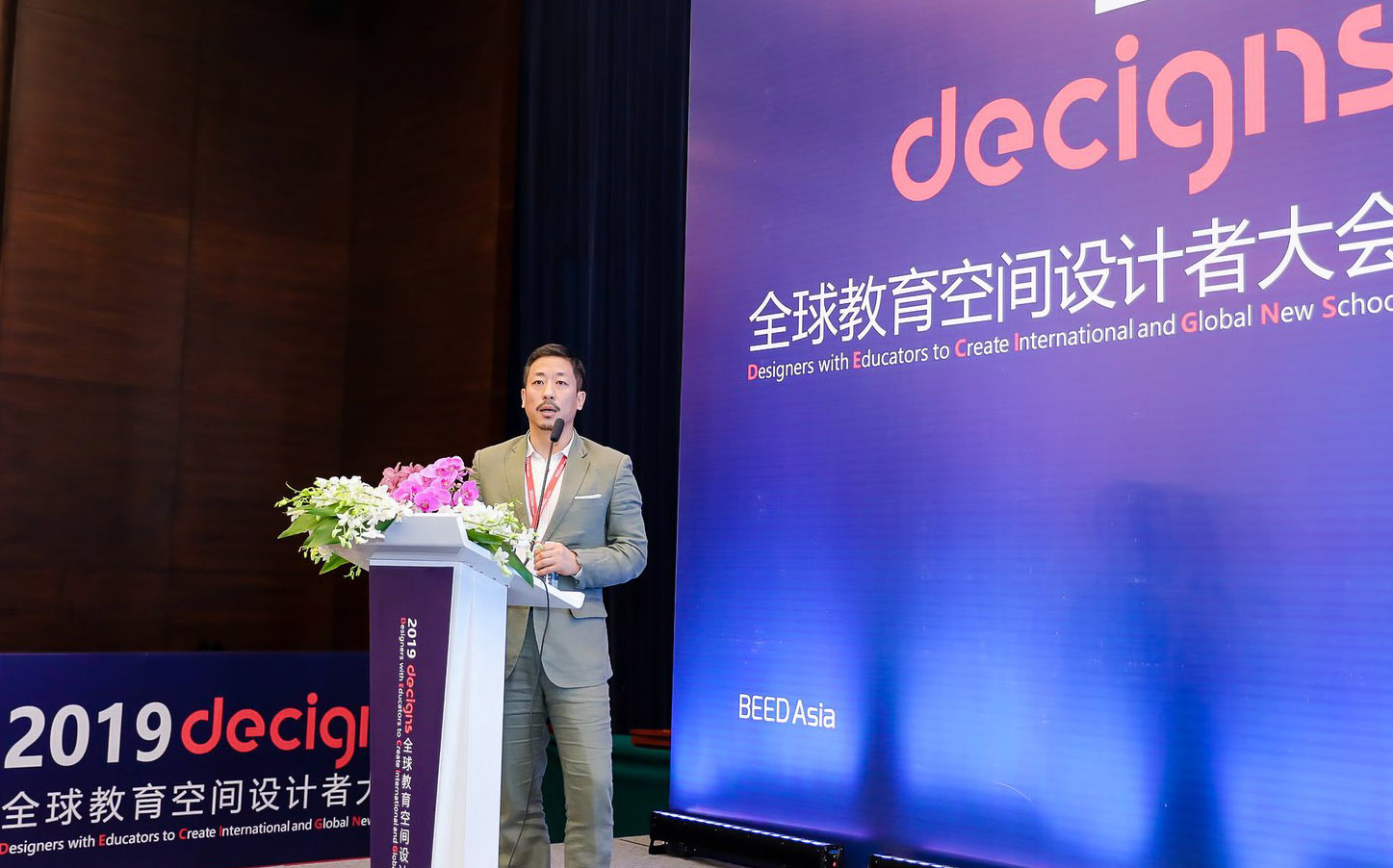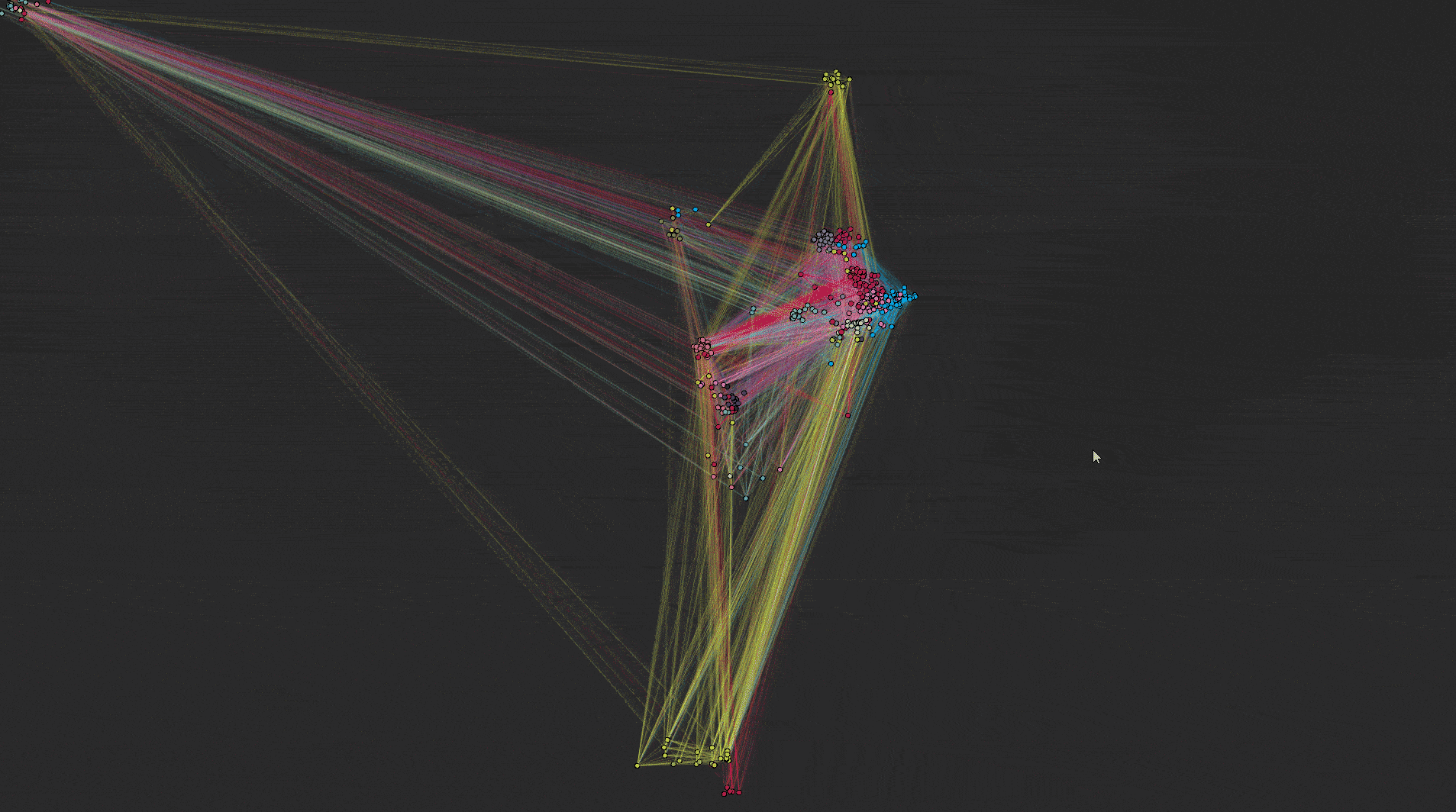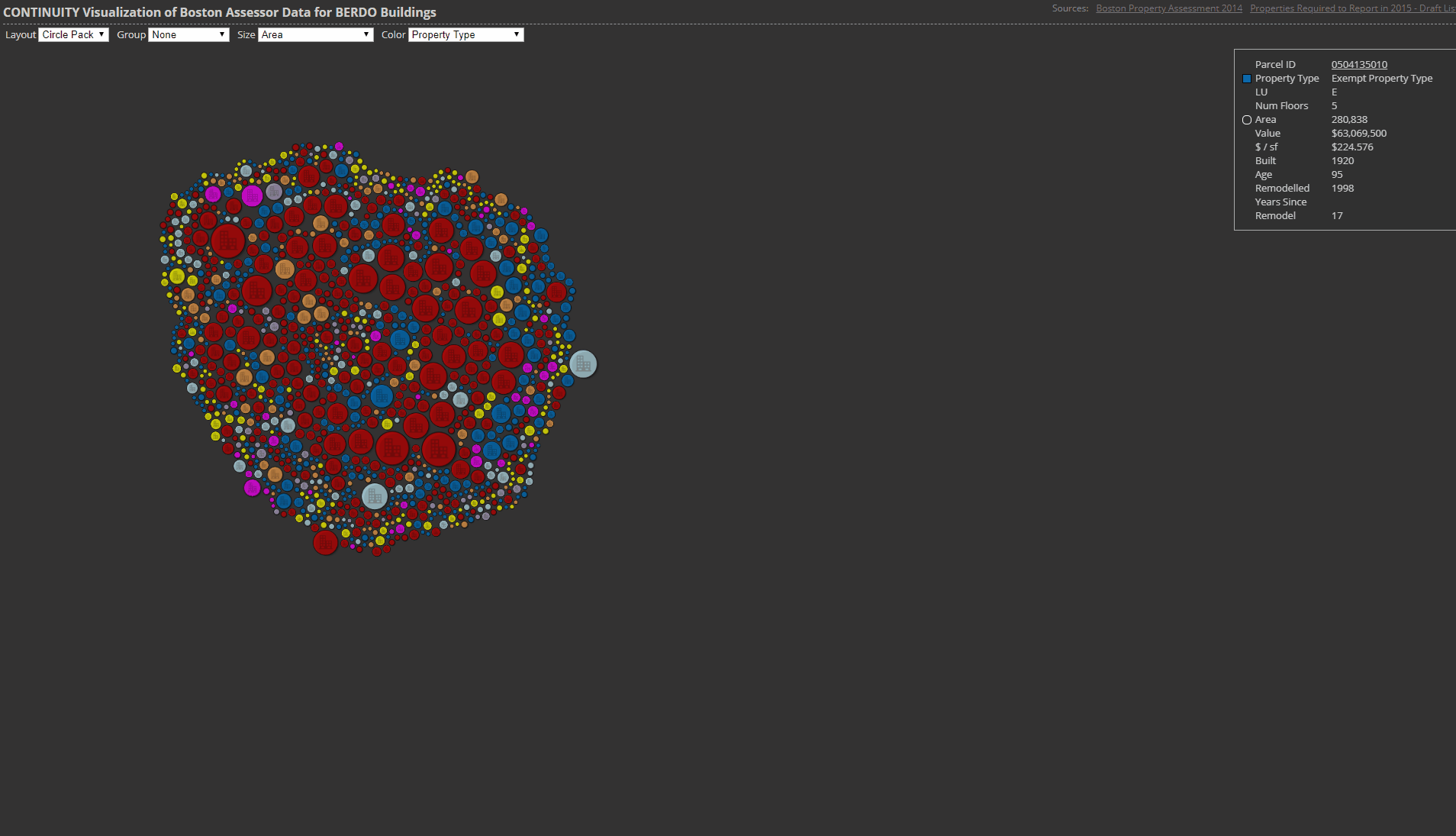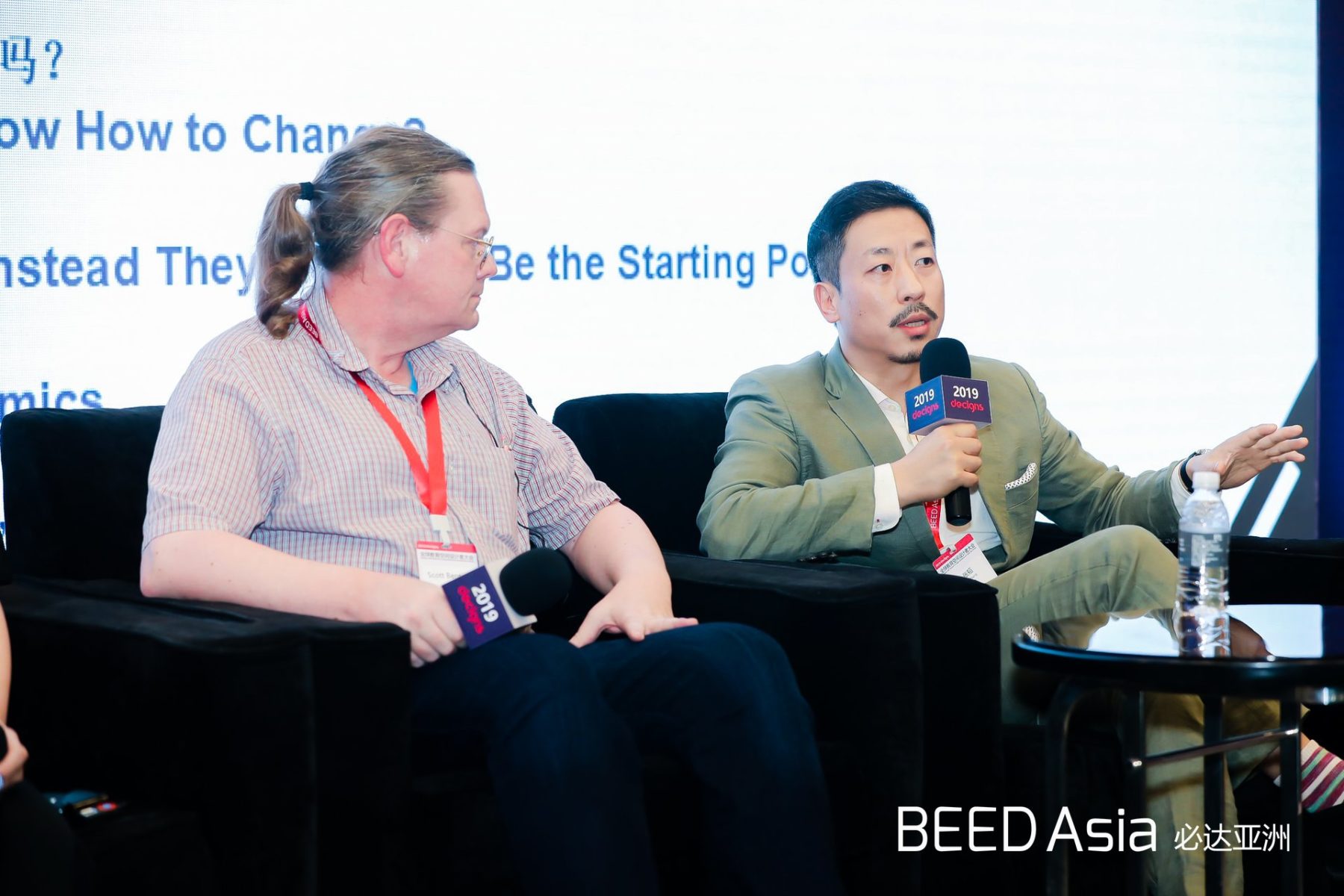Grove and Zhang on Design, Ecology, Resiliency, and Research
While ecology and resilience are among the most salient topics in contemporary landscape architecture, their inherent relationship and differences have deep implications on practice
 Sasaki
Sasaki

This August, Sasaki principal Tao Zhang, ASLA, LEED AP-ND, SITES AP, spoke at the 2019 Better Educational Environment Dynamic (BEED) conference in Shanghai, China. The event brought together over 800 participants, 150 design firms, and 300 schools and education groups to share perspectives on campus development.
In his presentation, titled 21st Century Campus: a culture of sharing & exchange, Tao demonstrated the power of evidence-informed design through the use of analytical data and visualization to facilitate integrated learning, living, and leisure spaces.

Visualizations of space and activity analysis that were shared in the presentation

Visualizations of space and activity analysis that were shared in the presentation
Following his presentation, Tao participated in a panel discussion titled: “We know why we need to change, but do we know how to change?” The group fielded questions from the audience about their experiences designing and developing educational environments across the globe. The discussion touched on a range of topics, including sustainability, bringing an academic vision to life through design, and strategies for re-evaluating established norms.

The event also presented Tao the opportunity to tour a newly opened international school in Shanghai, while sharing ideas with local developers and contractors. “China’s campuses are in a particularly interesting position right now,” Tao reflected. “As more private schools and universities obtain licensing, there is a growing focus on the increasingly diverse future of higher education in China. This conference had great energy thanks to the promising potential for really empowering and innovative spaces across the board.”
This was Sasaki’s first speaking appearance at BEED’s yearly conference – “It will be exciting to see how things develop in the coming years,” he remarked. “The conversations that are starting now have immense potential to impact the next generation of students in China and beyond.”